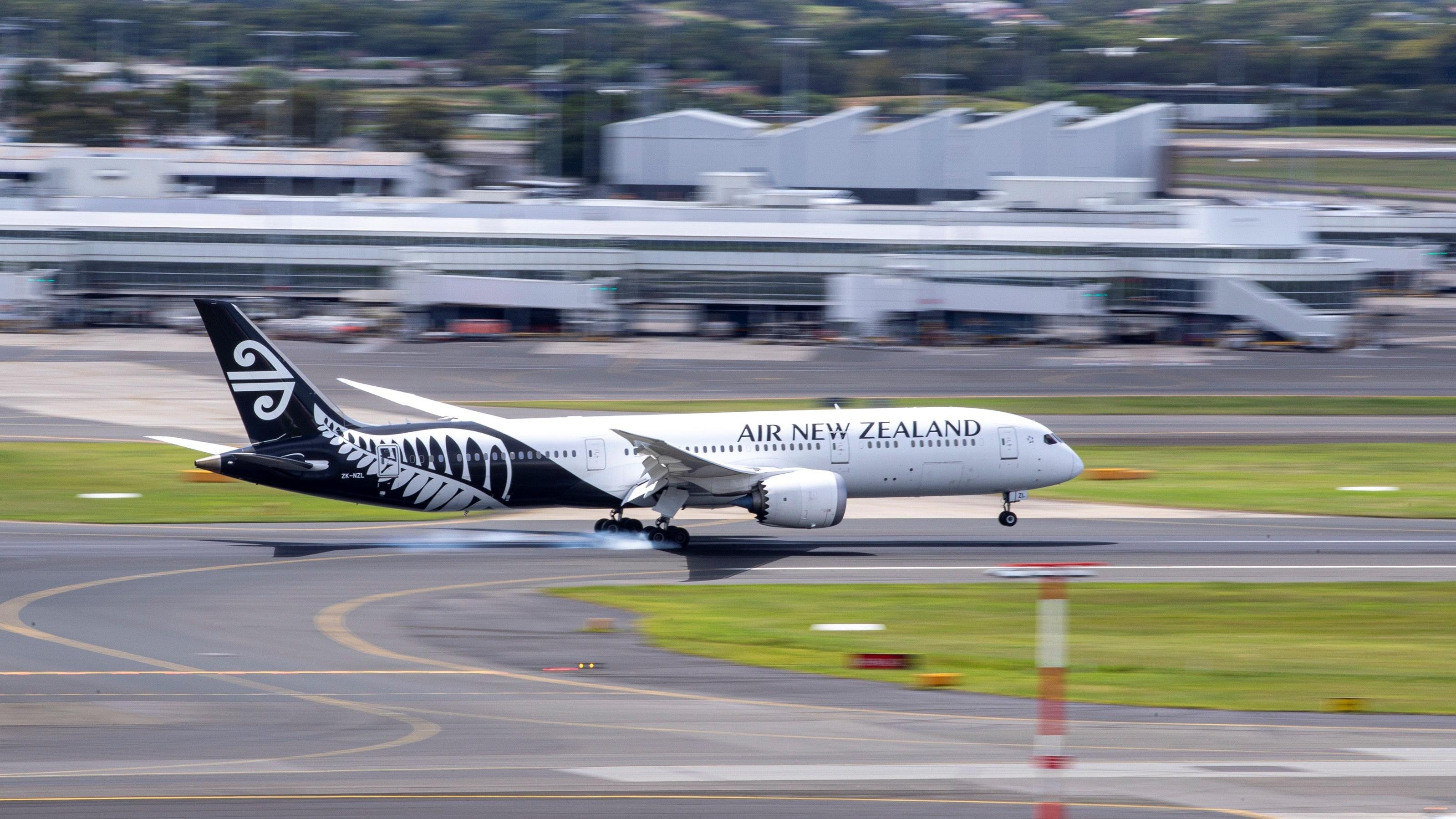This Airline Is Weighing Passengers Before International Flights
Air New Zealand's passenger weight survey takes place every five years.
Flying as a passenger with a commercial airline can be one of the most personally invasive experiences that a person can go through. People must subject themselves and their belongings to passing through scanning machines and can be physically searched by a security officer. Air New Zealand is taking the invasiveness one level deeper by introducing passenger weighing on its international flight out of Auckland.
New Zealand's flag carrier is starting a program where passengers will be asked to weigh themselves and their carry-on items at the entrance to gate lounges at Auckland International Airport. According to the New Zealand Herald, the program is entirely voluntary and will run between May 29th and June 2nd for select international departures. The data will be kept anonymous and be used to determine the weight of the aircraft for operational purposes more precisely.
Alastair James, Air New Zealand's Load Control Improvement Specialist, said in a statement:
"We weigh everything that goes on the aircraft – from the cargo to the meals onboard, to the luggage in the hold. For customers, crew and cabin bags, we use average weights, which we get from doing this survey. We know stepping on the scales can be daunting. We want to reassure our customers there is no visible display anywhere. No one can see your weight – not even us! It's completely anonymous. It's simple, it's voluntary, and by weighing in, you'll be helping us to fly you safely and efficiently, every time."
Passenger weight surveys ensure the accuracy of estimations going forward. Air New Zealand conducts its survey every five years, but the 2020 survey was delayed until this week by the COVID-19 pandemic. The weight of any commercial airliner is a vital factor in any flight. For example, takeoff weight helps determine how much fuel is needed for the service's route. Usually, the total weight of the passengers and their carry-on luggage is estimated. However, Air New Zealand's voluntary survey must have a sample size representative of everyone who flies on their fleet.
